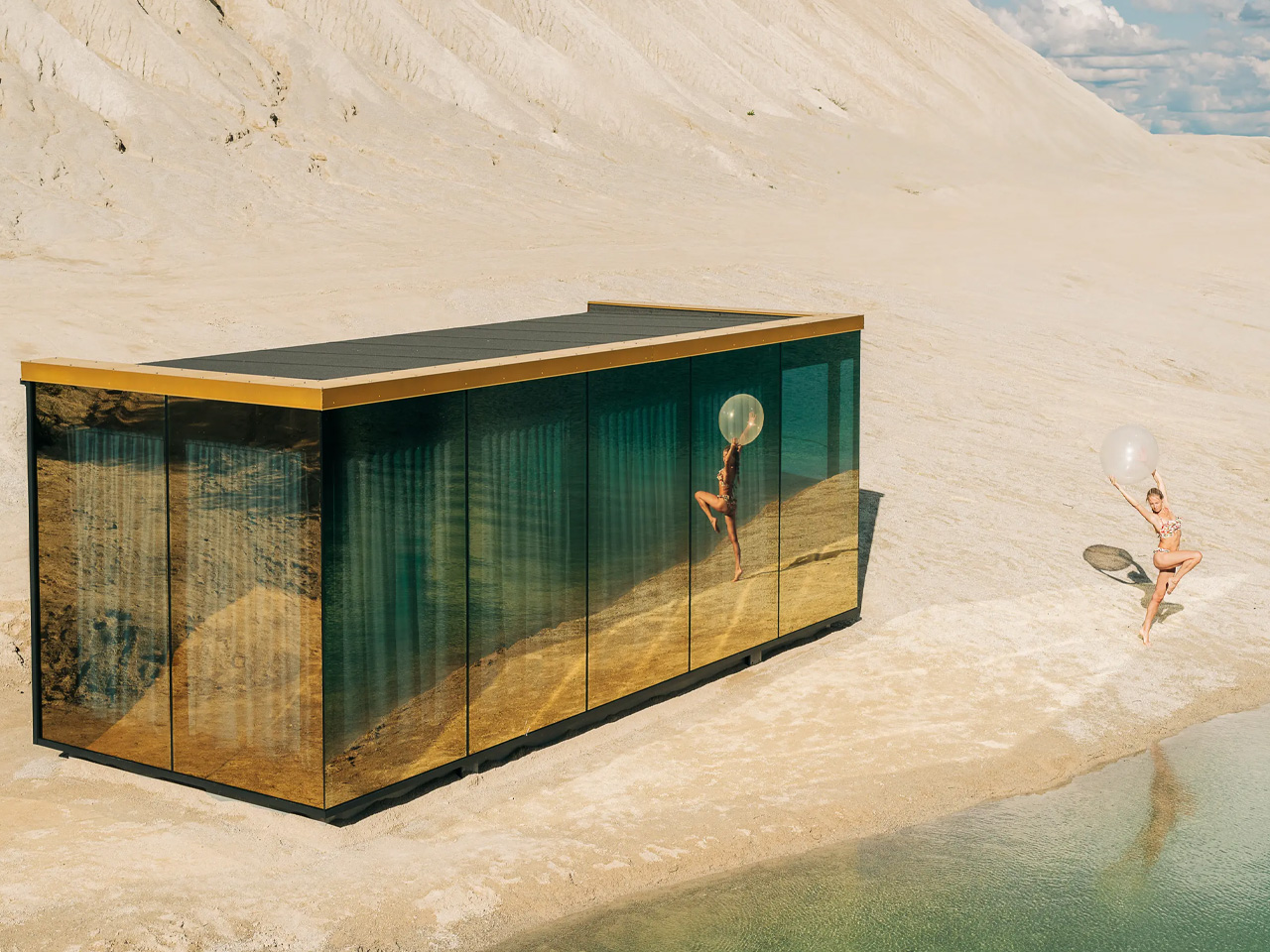The Olympic Games Paris 2024 are almost here and while you’re probably , we’ve been looking at how much bank your will be bringing home this year — because we’re nosy af. Let’s break down how much our Aussie Olympians are actually earning. Spoiler: it’s not as much as you might think.
Olympic athletes in Australia don’t get a salary from the Australian Olympic Committee (AOC). Instead, they rely on a mix of grants, sponsorships, and medal bonuses. It’s a bit of a hustle to be honest, because apparently no one is safe from this economy.

The Australian Institute of Sport (AIS) is coming through with some coin, offering grants up to $17,500 for athletes who might bring home some bling. Plus, some private donors, including , provide financial support to specific sports that they think will win big, most often swimming and rowing. Despite this, many athletes still struggle financially, often earning less than AUD$23,000 annually.
It’s not exactly a fortune. When Aussie athletes bring home medals from the Olympics, the rewards them with: But here’s the catch: they only get one payment, even if they win multiple medals. So, if an athlete wins several medals, they only receive the bonus for their highest achievement.
has just dropped a bombshell ahead of Paris 2024. They’re becoming the first international federation to award prize money at the Olympic Games. They’ve set aside a total prize pot of $US2.
4 million ($3.6 million) to reward gold medalists in all 48 track and field events. This means that on top of their medal bonuses from the AOC, Aussie athletes who strike gold in athletics events could pocket an extra $50,000 USD.
deals are where you make your bag Athletes can negotiate their own sponsorship deals, but it’s not exactly a free-for-all. The International Olympics Committee, once totally against commercialisation, is still very uptight about it all. Athletes can’t just slap their face on any old ad during the Olympics.
There’s a — they can’t even say “thanks” more than once to sponsors who aren’t official Olympic partners. Why won’t anyone let these athletes just get their bag!?! For the big name athletes this could mean some serious cash. But for most athletes, it’s not exactly raining money.
The Olympics only come around every four years, so unless you’re or , you’re probably not retiring on sponsorship deals alone. Now, you might be wondering if athletes have to fork out cash for their Olympic experience, including those . Good news — they don’t! The host country and the International Olympic Committee (IOC) typically cover most of the expenses for athletes during the Games.
This includes accommodation, meals, local transportation and access to training facilities. However, athletes or their national Olympic committees usually have to cover the costs of getting to the host city, including flights and any pre-Games training camps. Every country does it a little differently when it comes to rewarding their athletes.
But when comparing Australia’s medal bonuses to other countries, the differences are low-key embarrassing. For instance, (AUD$1.12 million) for a gold medal at the Tokyo Olympics, the highest in the world.
Chinese Taipei and Hong Kong followed with AUD$1.09 million and AUD$968,000, respectively. In contrast, the United States awarded USD$37,500 (AUD$50,632) for each gold medal.
Australia’s bonuses are modest in comparison. On the flip side, Great Britain doesn’t pay out any prize money to their medalists. Instead, they offer varying financial support through the ‘Athlete Performance Award,’ which pays athletes as if they were working a full-time job.
This allows them to focus entirely on training without the financial stress. The gender pay gap in the Olympics is complex because it varies by country and sport. While many countries, including Australia, offer equal medal bonuses, funding disparities still exist.
Sponsorship deals highlight this gap the most, with male athletes often landing bigger contracts. In accounted for just 0.4 per cent of all sports sponsorships.
There is progress though, this will be the first Olympics where and benefits in their sport, regardless of their gender. CEO of the United States Olympic & Paralympic Committee Sarah Hirshland said when the legislation passed the Senate in 2022, “Female Olympians and Paralympians have trained, excelled, and inspired generations of girls.” Australia has produced some highly successful Olympians who have actually benefited from these financial incentives.
Swimmer , for example, won four gold and three bronze medals at the Tokyo 2020 Olympics, earning AUD$20,000 from the AOC for her best result. Swimmer, , has done a great job securing major sponsorship deals, including , alongside her medal winnings. But for a lot of athletes who can’t rely on rich parents, government support, or big corporate sponsors, they’re out there working regular jobs.
, who’ll be kayaking at this year’s Olympics and also competed in Rio 2016 and Tokyo 2020, works as a firefighter in Brisbane, in between her training. , who is the captain of the men’s hockey team, the Kookaburras, and silver winner at Tokyo 2020, works as a part time senior consultant at financial firm Deloitte. Volleyball player even runs a cricket farm! “I wasn’t earning a lot of money from [sport], and you see all your friends, they’ve got careers, they start to buy houses,” he told .
“You’re sitting there chasing a dream.” At the end of the day, our Aussie Olympians are grinding hard for their dreams, often juggling side gigs to make it work. As we cheer them on, let’s push for better pay and support so that maybe one day the average person can become an Olympian too—no billionaire sponsors required!.


















